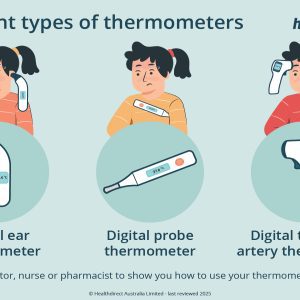Searching for or attempting to access non-consensually shared explicit content, often referred to as "revenge porn" or deepfakes, is illegal in most jurisdictions and deeply harmful to the individuals involved.
Why Downloading Such Material is Problematic
- Illegal Activity: Distributing or downloading intimate images without consent violates privacy laws and copyright laws.
- Privacy Violation: It constitutes a severe breach of the individual's personal privacy and autonomy.
- Consent Issues: Sharing or accessing such content perpetuates abuse against the person depicted.
- Platform Violations: Attempting to find this material usually involves using platforms or methods that violate their terms of service.
- Security Risks: Sites hosting such content are frequently riddled with malware and phishing scams.
- Ethical Concerns: Contributing to the demand for non-consensual content fuels further exploitation.
Responsible Alternatives
Instead of seeking exploitative content:
- Respect Privacy: Recognize that all individuals have a right to privacy and control over their own image.
- Report Abuse: If you encounter non-consensual intimate imagery online, report it to the platform immediately.
- Support Victims: Support organizations combating non-consensual pornography and advocating for stronger laws.
- Consume Ethical Content: Engage only with media shared consensually by the creators or individuals involved.
Protecting privacy and respecting consent are fundamental principles of safe and legal online behavior.













